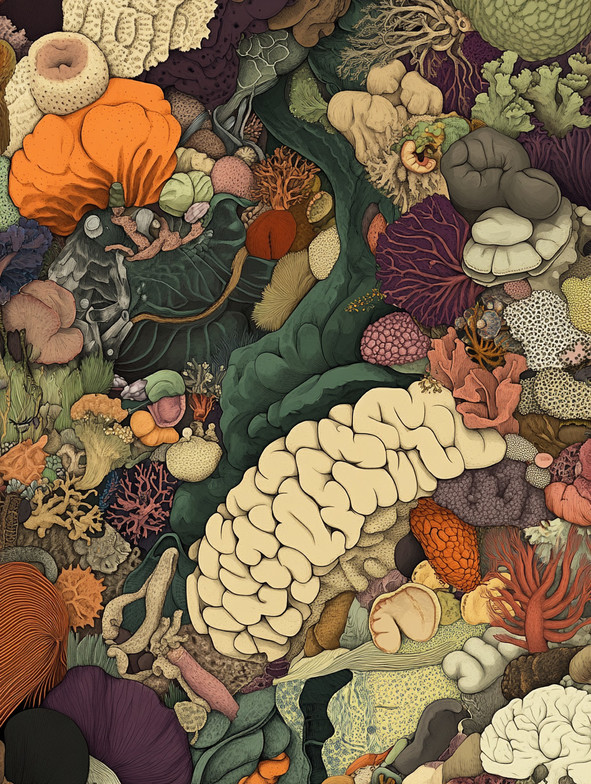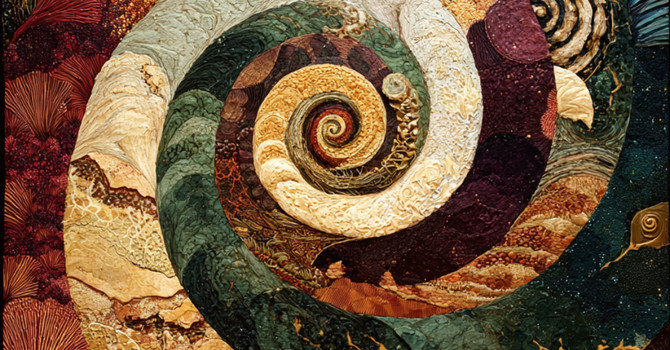
Elimination as a Lifestyle Factor By Dr. Erum Qureshi, DNP, APRN, Unani Tibb Student
Introduction
Elimination is the cornerstone of inner cleanliness. It is the body’s natural way of expelling waste, toxins, and undigested material. When bowel movements are regular, complete, and comfortable, the body thrives. When elimination is compromised, waste accumulates, inflammation increases, and illness can take root.
Today, due to modern living, many people suffer from chronic constipation, bloating, indigestion, and toxic buildup—not just because of what they eat, but how they eat, where they eat, and the emotional state they eat in. Integrating wisdom from modern Western medicine, Unani Tibb, and Prophetic medicine, this article touches briefly on the deep relationship between lifestyle, digestion, and detoxification.
The Stomach and Digestive System: A Warm and Moist Organ
According to both traditional medicine and physiology, the stomach is inherently warm and moist in nature. This temperament allows for the softening, churning, and breakdown of food. However, when the system is burdened by cold foods, chronic stress, and poor circulation, the digestive fire weakens.
Consequences of Coldness and Poor Circulation
- Cold-natured foods (ice water, smoothies, raw salads, modern dairy, cold meats) suppress gastric enzymes.
- Chronic stress or being in a fight-or-flight state redirects blood away from the gut to the limbs and brain, depriving the digestive organs of nutrients and oxygen.
- Over time, this slows peristalsis, reduces enzyme secretion, and leads to toxin accumulation in the gut.
Gut-Brain Connection
The gut and brain are intimately connected through the vagus nerve and enteric nervous system. Toxins and inflammation in the gut can travel to the brain, impairing memory, comprehension, and focus. This can also:
- Trigger or worsen mood disorders such as anxiety and depression
- Cause general lethargy, fatigue, and brain fog
- A sluggish gut leads to a sluggish mind
Modern Lifestyle Factors contributing to the elimination and digestive issues.
Improper Toilet Posture
- Most Western toilets force the body into a 90° sitting position, which kinks the rectum. Squatting (or using a footstool) allows for a straight path for stool, reducing straining and promoting complete evacuation.
Sedentary Living
- Lack of movement reduces gut motility. Office jobs, prolonged sitting, and poor posture contribute to gas, constipation, and sluggish elimination.
Cold & Raw Foods
- Too many cold, dry, or raw foods extinguish digestive fire and create toxins. The gut struggles to break down these foods, causing fermentation, bloating, and heaviness.
Skipping Traditional Spices
- Modern diets often omit digestive spices like ginger, cumin, coriander, and carom seeds which are known to stimulate digestion, reduce gas, and support liver function.
Cold Water Consumption
- Drinking cold water, especially with or right after meals, dilutes stomach acids, weakens enzyme function, and disrupts gut pH—leading to bloating and indigestion.
Emotional Stress While Eating
- Eating in a state of stress, anger, sadness, or rush shuts down digestion. When the mind is not at peace, the body cannot effectively digest or metabolize food.
Unani Tibb on Elimination (Istifragh)
In Unani medicine, Istifragh (expulsion of waste) is considered one of the six essential lifestyle pillars. Constipation, gas, and toxin buildup are signs of an imbalance in humors—especially excess cold and dry temperament.
Key principles include:
- Supporting digestion with warm, moist foods.
- Encouraging bowel movement with supportive detox teas- Senna tea a few hours after meal.
- Restoring circulation with massage, steam therapy, and daily movement.
- Managing emotional stress as a root cause of digestive stagnation.
Prophetic Medicine (Tibb an-Nabawi) on Digestion
The Prophet Muhammad ﷺ demonstrated a holistic approach to digestion through posture, food types, and spiritual etiquette:
Eating on the Floor
- The Prophet ﷺ often ate sitting on the floor, with knees bent and abdomen slightly compressed. This gentle pressure supported healthy digestion, reduced bloating, and promoted a calm, humble eating environment, and reducing over consumption of food.
Eating Mindfully and Moderately
- The Prophet ﷺ advised eating in thirds—1/3 for food, 1/3 for water, and 1/3 for air.
- “The son of Adam does not fill a vessel worse than his stomach…” (Tirmidhi).
Post-Meal Rest in Seated Position
- Remaining seated in a relaxed, floor-based position for 5–7 minutes after meals helps digestion settle and prevents reflux.
Warm Water and Herbs
- Drinking warm water (not cold) 30–60 minutes before and after meals aids digestion.
Avoiding water during meals preserves enzyme concentration.
Recommended herbs:
Senna leaves - A powerful natural laxative
- Can be habit forming so avoid daily use.
Fennel seeds - Calms the gut, reduces gas, and supports gentle elimination.
- Use: Chew after meals or make into tea.
Psyllium husk - Bulk-forming fiber that softens stools and supports detox.
- Use: Mix with warm water and drink before bed.
Black seed tea - Improves immunity, digestion, and detox.
- Use: as a tea in the morning or mid day- avoid at night.
Practical Remedies: Daily Rituals for Digestive Health
Morning (on waking)
- Drink warm water in squat position
- Stimulates colon and peristalsis
Morning ritual
- Boil cumin, coriander, and Camun seed/ajwain in water; sip slowly
- Reduces gas, bloating, and strengthens the gut
Before meals
- Sit calmly, breathe deeply, smile
- Activates parasympathetic digestion
During meals
- Eat seated on the floor, knees compressed
- Aids stomach circulation and pressure
After meals
- Stay seated or recline briefly on the right side
- Supports gastric emptying
Avoid during meals
- Cold water, stress, standing, distractions
- Prevents bloating and poor absorption
Daily movement
- Include stretching, squatting, walking, and sweating
- Enhances circulation and gut tone
Night routine
- Dim lights, breathe deeply, stretch or massage belly
- Supports nighttime detox and parasympathetic healing
Sleep
- Deep, restful sleep for 7–8 hours
- Crucial for liver, gut, and emotional repair
Conclusion
Elimination and digestive health are intimately connected to our posture, diet, mindset, and rhythm of life. It’s not just what you eat, but how you eat, how you sit, and how you feel while eating that determines how well your body absorbs and eliminates.
Returning to the Prophetic model of calm, warm, and mindful eating, guided by the wisdom of Unani medicine and supported by modern science, helps reset the digestive system. It clears toxins not only from the gut but from the mind and spirit - awakening energy, clarity, and peace.



